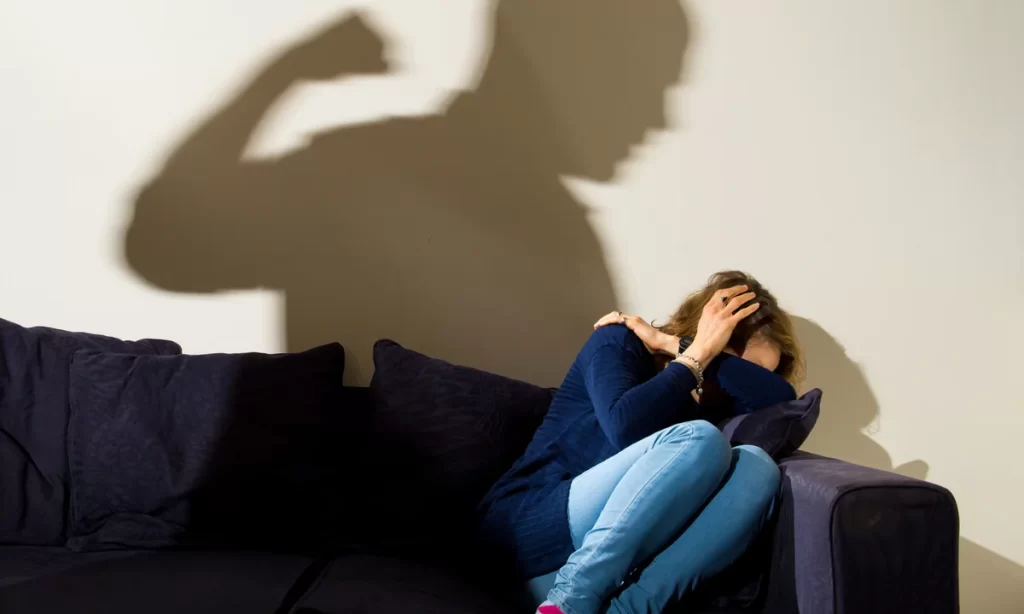By Mike Bain-The Daily Examiner.
Public accountability is being demanded by domestic violence advocacy groups following the name suppression of another high profile personality.
A prominent Kiwi musician, recently sentenced to 80 hours of community work after being found guilty of biting and assaulting his ex-partner, is continuing his legal battle to keep his identity under wraps.
His lawyers have filed an appeal after Judge Simon Lance declined to grant permanent name suppression during sentencing in March.
The musician, in his 50s, faced 11 charges of domestic violence against his partner, who was in her 20s, during 2022 and 2023.
He was found guilty of two charges but acquitted of the remaining nine.
At trial, he denied the assaults, claiming he acted in self-defence. Judge Lance acknowledged the relationship was “toxic” and noted the musician’s actions were “more than likely” excessive self-defence.
The musician’s lawyer, Susan Gray, argued that the charges had severely impacted his career and income.
She sought a discharge without conviction and permanent name suppression, emphasising that the offending was unrelated to his work.
However, prosecutor Emma Barnes opposed these applications, highlighting the musician’s prior family violence convictions and the ongoing emotional distress experienced by the victim.
Judge Lance ultimately denied both applications, stating,
Although I have sympathy for you, I am not convinced by the evidence I have is sufficient to show me that the consequences of a conviction are so substantial that they are out of all proportion to the gravity of the offending.”
Domestic abuse advocacy groups have expressed concern over this case, emphasising the importance of holding offenders accountable regardless of their social standing.
Organisations like Shine and Women’s Refuge have reiterated that domestic violence is a pervasive issue in New Zealand and that public accountability is crucial in deterring such behaviour.
They have also highlighted the need for greater support for survivors, who often face significant emotional and psychological challenges long after the abuse ends.
The issue of name suppression for high-profile offenders has long been contentious in New Zealand.
Critics argue that it creates a perception of inequality, where wealth and status can shield individuals from public accountability.
For instance, past cases involving prominent figures have sparked public outrage, with many questioning why some offenders are granted anonymity while others are not.
Legal experts have noted that name suppression is often granted to protect the offender’s family or career, but this has led to accusations of bias in favour of the affluent.
Domestic Abuse in New Zealand: Fast Facts
- Reported Cases: Police respond to a family violence incident every four minutes, amounting to over 155,000 incidents annually.
- Unreported Cases: It is estimated that only 33% of family violence cases are reported, leaving a staggering 67% unreported.
- Impact on Women: One in three women in New Zealand experiences physical or sexual intimate partner violence in their lifetime.
- Children Affected: Children are present at nearly two-thirds of family violence incidents attended by police.
These statistics underscore the urgent need for systemic change to address domestic violence and support survivors.







